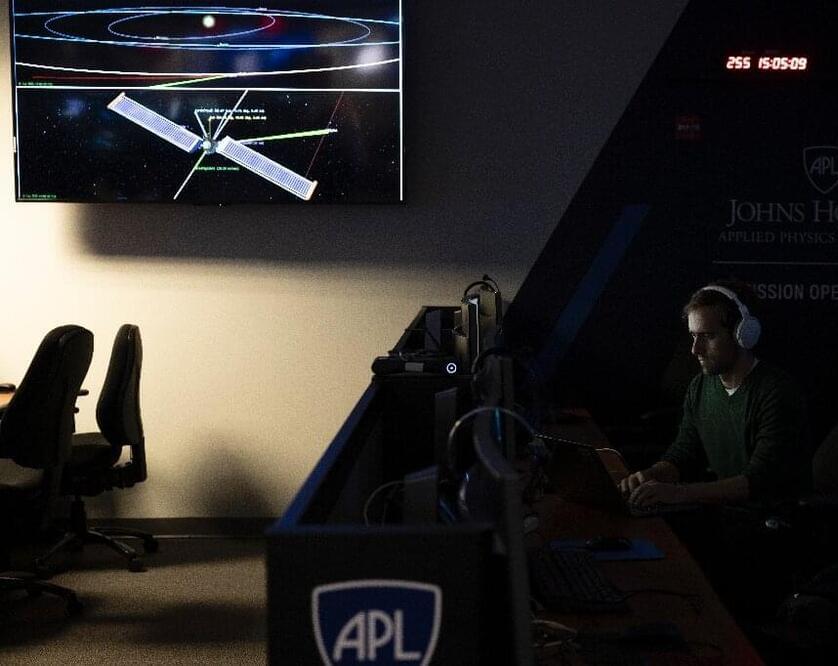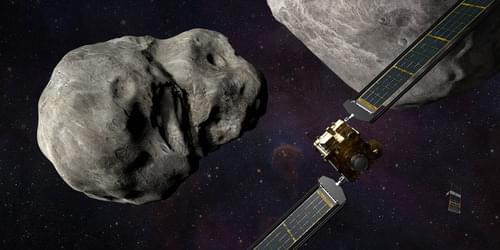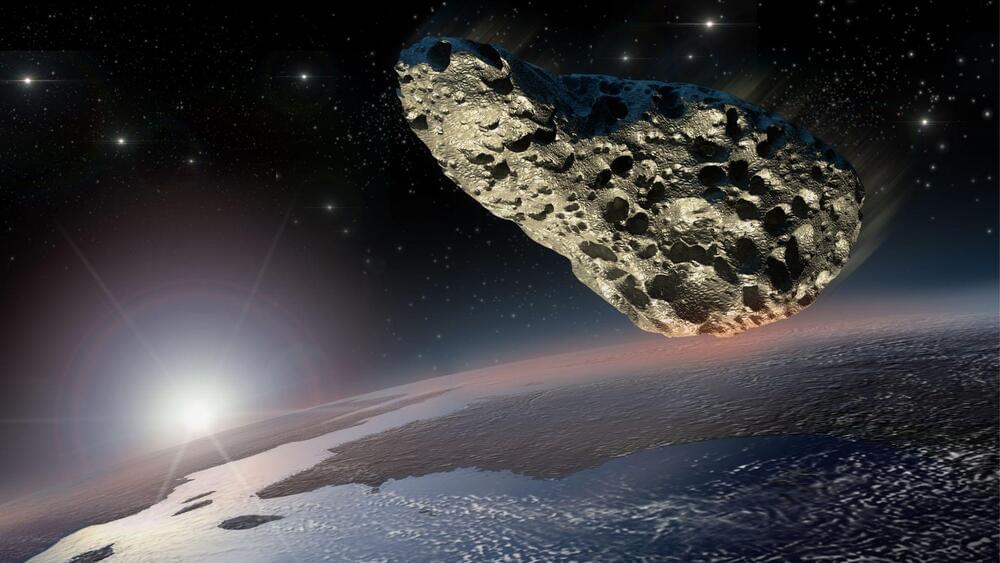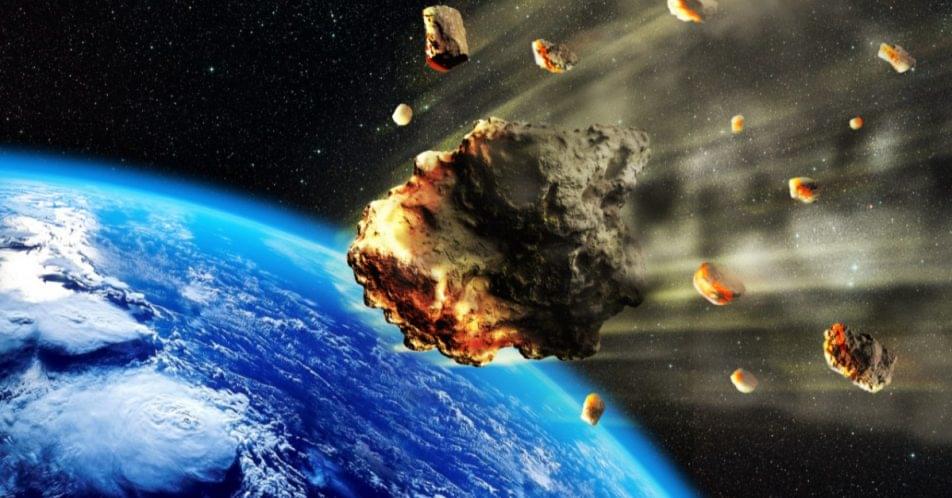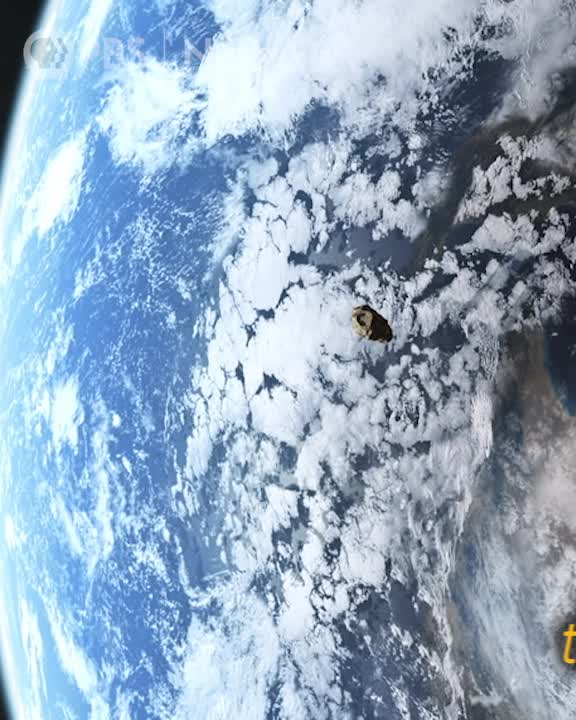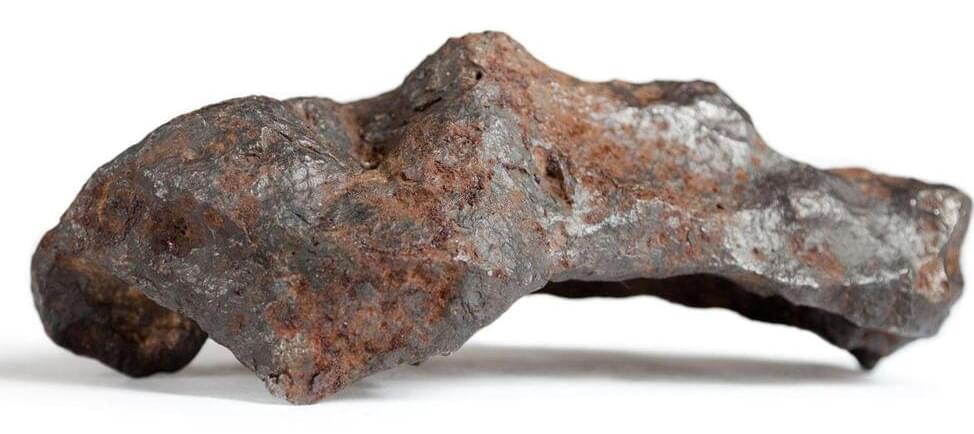Sep 24, 2022
NASA gears up to deflect asteroid, in key test of planetary defense
Posted by Saúl Morales Rodriguéz in categories: asteroid/comet impacts, existential risks
Bet the dinosaurs wish they’d thought of this.
NASA on Monday will attempt a feat humanity has never before accomplished: deliberately smacking a spacecraft into an asteroid to slightly deflect its orbit, in a key test of our ability to stop cosmic objects from devastating life on Earth.
The Double Asteroid Redirection Test (DART) spaceship launched from California last November and is fast approaching its target, which it will strike at roughly 14,000 miles per hour (23,000 kph).
